Question And Answer
Publications
Articles, publications, books, tools and multimedia features from the U.S. Institute of Peace provide the latest news, analysis, research findings, practitioner guides and reports, all related to the conflict zones and issues that are at the center of the Institute’s work to prevent and reduce violent conflict.
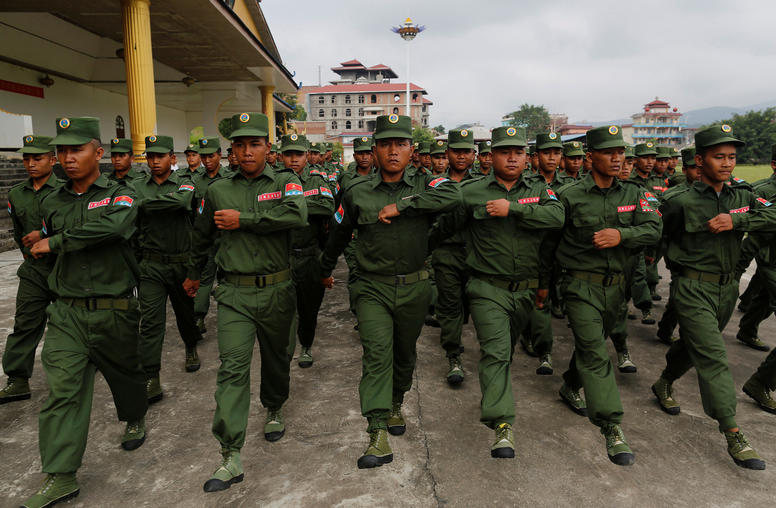
The United Wa State Army and Burma’s Peace Process
The United Wa State Army, a force of some twenty-thousand fighters, is the largest of Burma’s ethnic armed organizations. It is also the best equipped, boasting modern and sophisticated Chinese weaponry, and operates a formidable drug empire in the Golden Triangle region. This report examines the history of the Wa people, the United Wa State Army’s long-standing political and military ties to China, and the Wa’s role in Burma’s fragile peace process.

Thomas Hill on the Upheaval in North Africa
From Algeria to Libya and beyond, North Africa has been roiled by unrest in recent months. USIP’s Thomas Hill says at its core this turmoil is the result of “governments having not performed to the degree that they [the people] want or need them to” and discusses how it impacts U.S. interests.
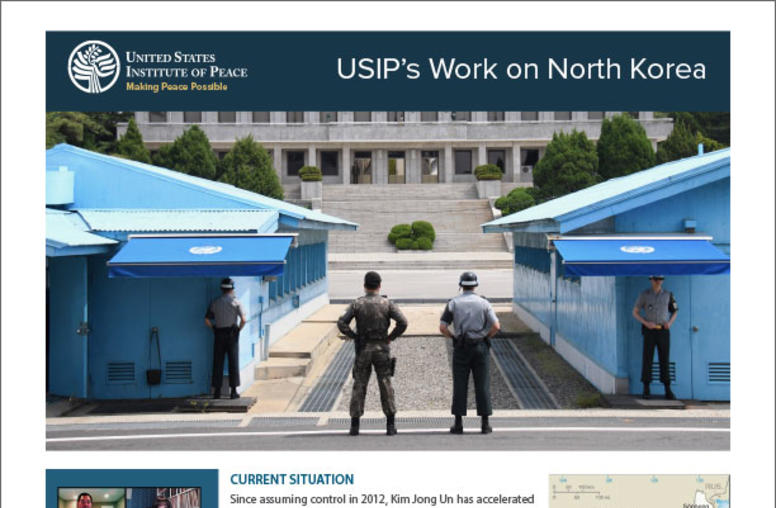
The Current Situation in North Korea
Since assuming control in 2012, Kim Jong Un has accelerated the development of a nuclear deterrent capability, conducting more nuclear and ballistic missile tests than his grandfather and father combined. In 2017, tensions escalated when North Korea conducted its sixth nuclear test and its first intercontinental ballistic missile test.

Leanne Erdberg on the Psychology Behind Terrorism
Nearly 20 years after 9/11, determining the profile of someone who is going to join a terrorist group remains a deeply challenging effort. For too long we have looked at simple explanations— like poverty or lack of education—for why people join violent movements. Erdberg discusses a new project to investigate the psychology and neuroscience that motivates people to resort to extremism.
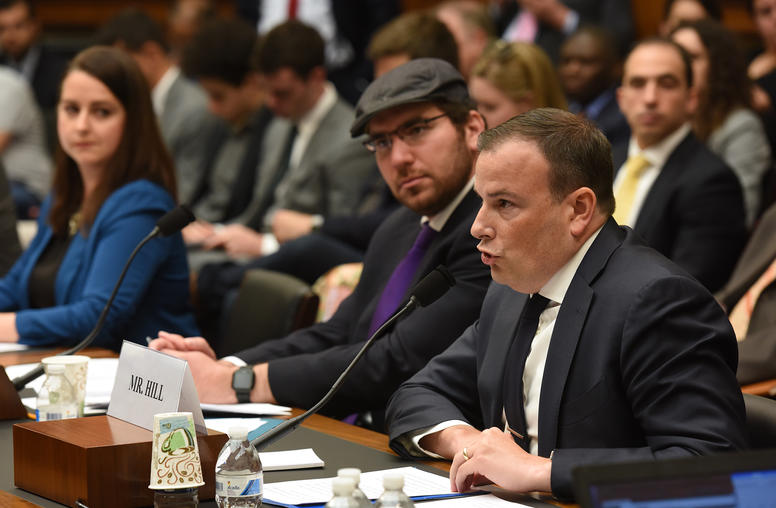
The Conflict in Libya
Thomas Hill, senior program officer for North Africa, testified on May 15 at the House Foreign Affairs Subcommittee on Middle East, North Africa, and International Terrorism hearing on “The Conflict in Libya.”

Belquis Ahmadi on the Afghan Peace Process
Reflecting on recent conversations in Doha and Kabul, USIP’s Belquis Ahmadi says that Afghans told her they want peace, but are not willing to sacrifice the hard-won gains of the last 18 years to get there. As U.S.-Taliban talks move forward, the extent of the Taliban’s evolution on issues like women’s rights remains in question. “I’ll believe it when I see it,” says Ahmadi.

Payton Knopf on the Stakes in Sudan
What’s at stake in Sudan as tense negotiations between the Transitional Military Council and protesters continue? “We need to see a swift transition to civilian-led rule,” says Payton Knopf. “Otherwise I’m afraid what will result is increased instability … or potentially a catastrophic failure of the state.”
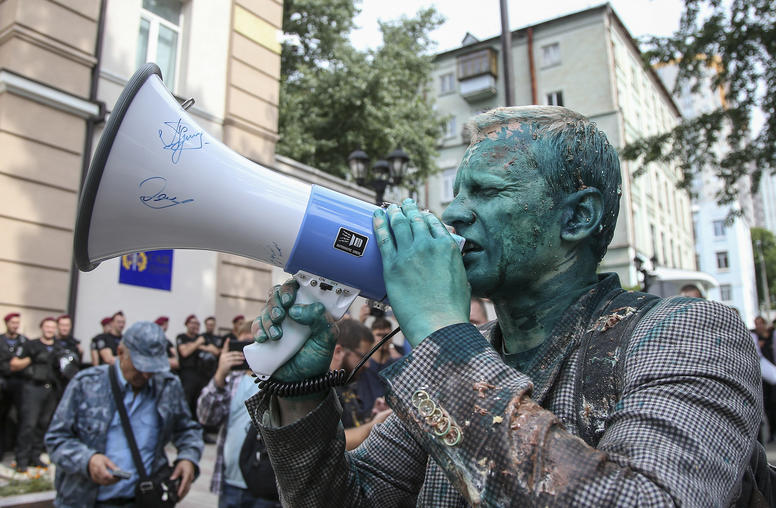
Ukrainian Activism for Transparency and Accountability: Two Steps Forward, One Step Back
In the wake of the Euromaidan protests that toppled the government of Viktor Yanukovych in 2014, Ukrainian activists and civil society organizations have pressed hard for anti-corruption reforms and greater openness and transparency in the public sector. Five years later, however, corruption remains a fixture of civic life—and a majority of Ukrainians believe the fight against corruption has been a failure. This new report reviews the changes that have taken place in the anti-corruption movement since the Euromaidan and identifies practical actions the international community can take to support reform efforts in Ukraine.
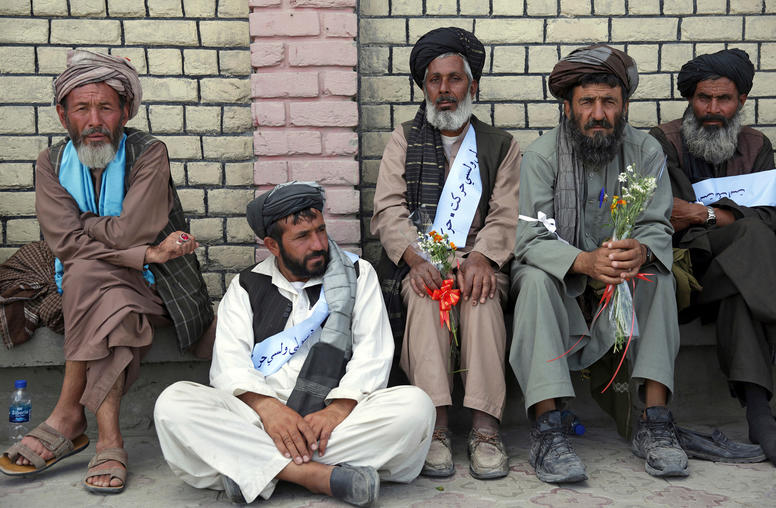
Perspectives on Peace from Taliban Areas of Afghanistan
Notably absent from the debate around peace in Afghanistan are the voices of those living in parts of the country that have borne the brunt of the fighting since 2001—particularly those living in areas under Taliban control or influence. This report provides insight into how Afghan men and women in Taliban-influenced areas view the prospects for peace, what requirements would have to be met for local Taliban fighters to lay down their arms, and how views on a political settlement and a future government differ between Taliban fighters and civilians.

Maria Stephan on Today’s Nonviolent Movements
In the last two months, dictators in Sudan and Algeria were forced to step down because of popular pressure, demonstrating the power of nonviolent resistance to movements in places like Nicaragua and Venezuela. “When large numbers of people engage in various forms of noncooperation … that is where the real power of nonviolent resistance comes from,” says Maria Stephan.